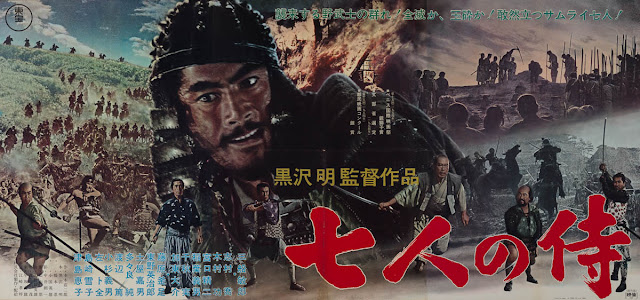American Made (Dir. Doug Liman, 1 hr 57 m)
By far the best word to describe American Made is "okay." The story? It's a decent retelling of actual events, with some embellishments, some changes and some refocusing or reordering of events to suit a dramatic structure. The acting? It's ok; Tom Cruise and Brendan Gleeson put in some very good performances, but elsewhere there's a sense of too many characters being given too little to do. Even the action and dramatic tension of the film itself is somewhat oddly just "okay"-whilst the flying sequences are spectacular, giving Cruise's hero, Barry Seal, a real sense of being a truly accomplished pilot, but in other places, the film rather glibly shrugs on things that the audience should really care about.
American Made in short, tells of the story of Barry Seal, a once truly remarkable pilot when he joined airline TWA, but who quickly becomes bored, and begins smuggling contraband cuban cigars through Canadian airports into the USA-when the FBI, in the form of Gleeson's character, Schafer, catch up with him and offer him an ultimatum-use your skills as a pilot to photograph South American rebels and regimes that Washington sees as a threat, or end up in prison, with Schafer later tasking Seal to also act as courier to Panamanian dictator Manuel Noriega. Indeed, it is this relationship, between Schafer and Seal that forms the focus of much of the film, with the CIA man increasingly realising that Seal is essentially out of his control, and much smarter than he first realised.
Notably, it is also this part of the film that diverges most notably from truth, with the real life Seal setting up his own operation and indeed moving himself, rather than being moved by Schafer, to his eventual headquarters of Mena, with his work with the CIA only beginning as part of a plea bargain, partly won by testifying against his former associates.
From here, Seal is picked up by infamous drug lord Pablo Escobar, and a deal is soon struck between the two of them-it's this other relationship, and indeed the relationship between the drug cartels, the CIA and the way that Seal is able to play them off one against the other that dominates the film-even after Seal is nearly hauled in by the DEA, (with the FBI turning a blind eye to Seal' dealings with the cartels), and with the focus of the CIA's operations now moving to the Contras, both in terms of arming them against the Sandinista juntas and eventually bringing them to the USA to train-however, with Seal finding them bored and uninterested in the weaponry, and promptly starts shipping it to the cartels. Certainly, on this end, the film ably picks through the often tangled web of 1980s international relations very well, explaining the often complex politics and backroom dealings, with a great deal of period charm (complete with footage, retroish info-graphics, and indeed in places appeared to use period film stock)
In Seal's own life, the film stumbles irrecoverably-there are multiple sequences in which real tensions between Seal and his wife should have been addressed, or at least focused on in greater detail than they were in the film, with one particular confrontation, between Seal and his brother in law, which should have had real repercussions within Seal's household but is merrily brushed over and the film continues. As a result, up until the film's somewhat inevitable climax, Seal seems to actively avoid the true cost of his actions, and this, for good chunks of the film, makes it seem unrealistic. His wife in particular, given her importance, is a two-dimension, and often quite boring character, utterly without curiosity.
The other pilots, some of which are as interesting as Seal himself, many of the agents of the various agencies seeking to track down Seal, and even some of the cartel members, are barely given anything more than a thumbsketch portrayal. There is also the fact that the film does not deal with the aftermath of Seal's death, or with the suggestions that he should have either better protected himself, or been better protected by the government, both of which would have made this film better rounded than the slightly damp squib of the film's actual ending.
That said, American Made is a cracking yarn of a film, full of generally well portrayed and certainly larger-than-life figures (at one point, George W Bush randomly appears, only to go into what presumably is his father, (the then Vice President's office, whilst at another point, the Governor of Arkensaw, one Bill Clinton, is also referenced)-whilst it takes some liberties with actual events, most notably somehow making Seal less of a badass by having the CIA aid him in getting his company together to do the jobs in the first place, it still makes for a decent story, and a decent film in all
Verdict: Neutral

.jpg)

Comments
Post a Comment